Baby development at 23 weeks

Baby development at 23 weeks
Pregnancy checklist at 23 weeks
Decide whether to hire a doula
A doula is a trained labor coach who can help you during labor and delivery. If you're interested in hiring one, it's a good idea to start your search in the second trimester. You can ask your healthcare provider, birth class instructor, or friends for a referral, or you can check the DONA website. It's important to find a doula who's the right fit for you. You'll want to ask potential birth doulas about their training, experience, schedule, coping-with-labor techniques, partner involvement, fees, backup doulas, and references.
Write a letter to your baby
This can be a moving keepsake to share with your child later. Jot down your pregnancy experiences and your hopes and dreams for your baby's future. Or if writing isn't your thing, put together a collage or a memory box of pregnancy mementos like your positive pregnancy test and ultrasound photos. Eventually you can add cards you get at your baby shower, the infant hat you get at the hospital, and your baby's coming-home outfit.
Sleep on your side
To get the best rest during pregnancy, experts recommend sleeping on your side. Some healthcare providers will advise you to sleep on your left side specifically because it keeps pressure off of the vein that brings blood back from your legs to your heart, promoting better circulation for you and your baby. That said, there's no hard evidence that sleeping on your left side is better, so feel free to do choose the side that's comfortable for you. For many women, this means switching back and forth. If you're struggling to get comfortable on your side, invest in a pregnancy pillow for better hip and back support.
Start preparing your body for labor
Now's a good time to start doing exercises that can help you during labor and birth. Women who exercise during pregnancy may have less pain and discomfort during labor, a lower rate of C-section birth, and a faster postpartum recovery. Here are step-by-step instructions for exercises and stretches that help with labor, including hip openers, back stretches, pelvic floor exercises, and breathing techniques.
Related Articles
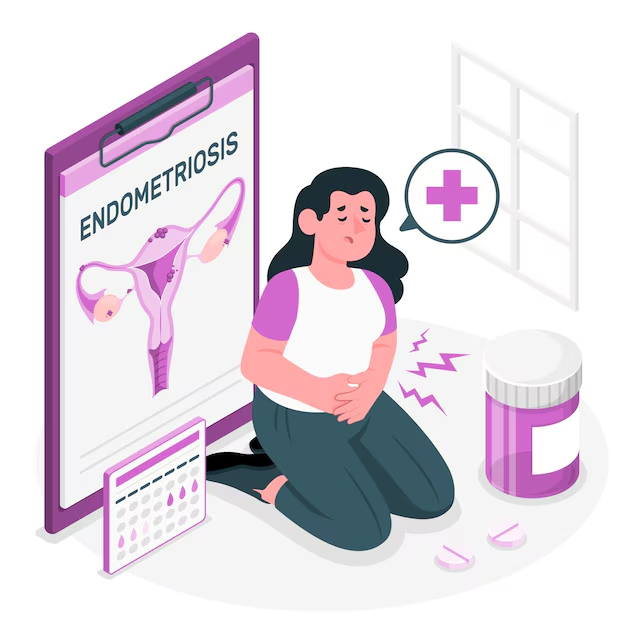
What Your Vaginal Discharge Can Tell You About Your Health
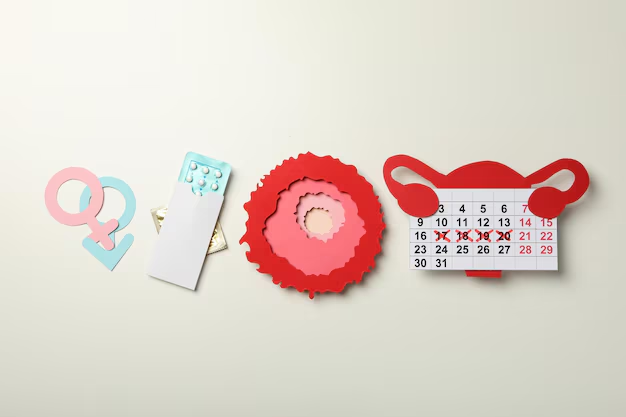
How Your Menstrual Cycle Changes with Age

Baby development at 4 weeks
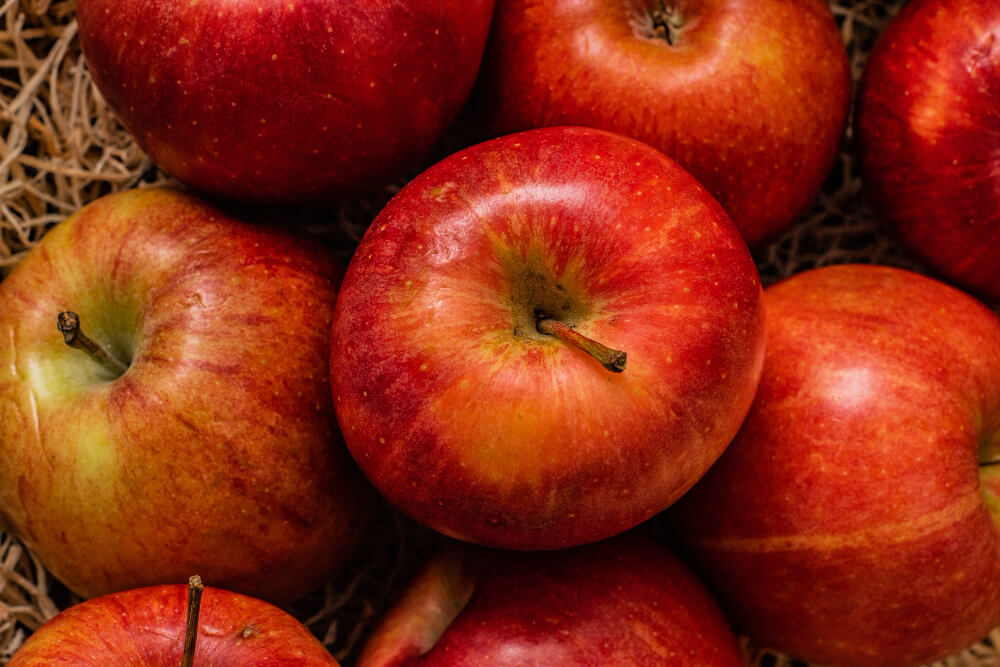
Baby development at 15 weeks

Baby development at 40 weeks
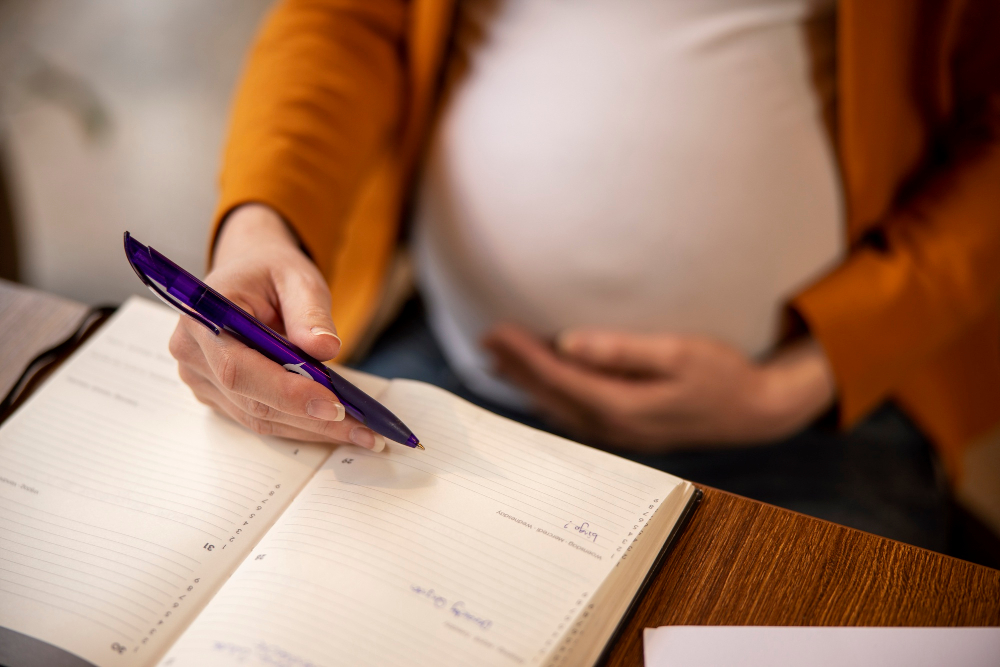
A Comprehensive Journey to Conception: The Complete Guide to Getting Pregnant
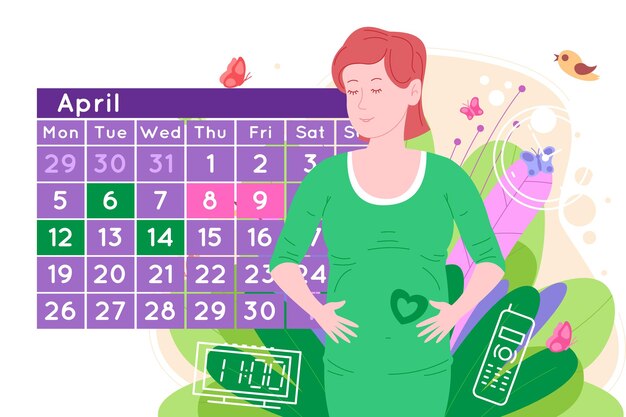
Second Trimester (Weeks 13-26)
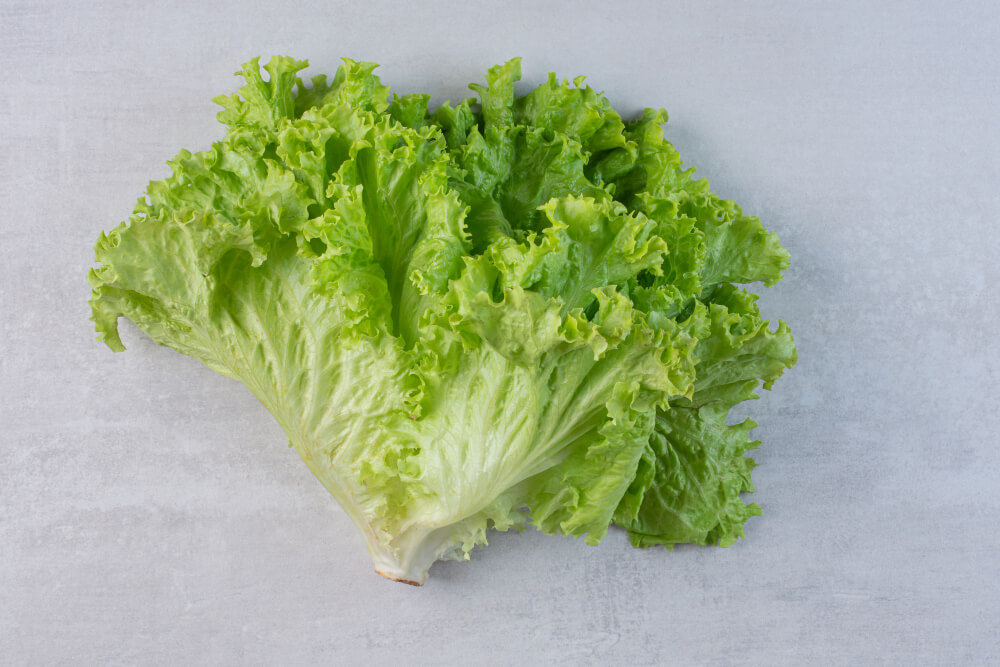
Baby development at 36 weeks